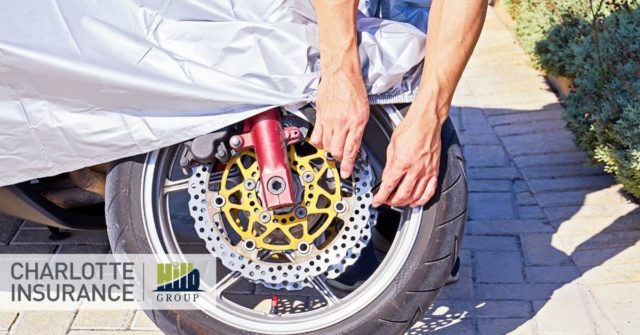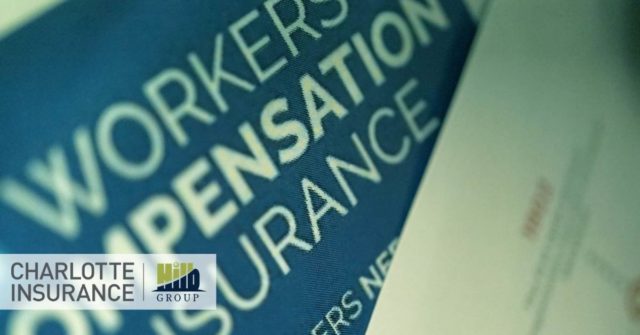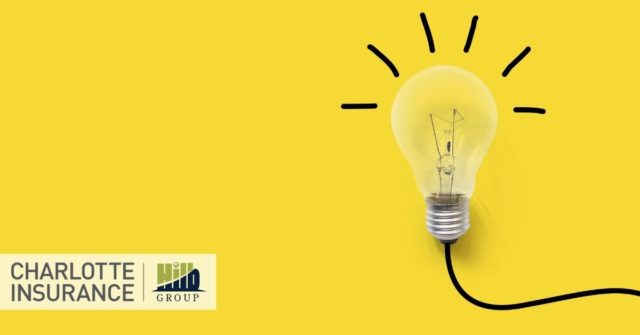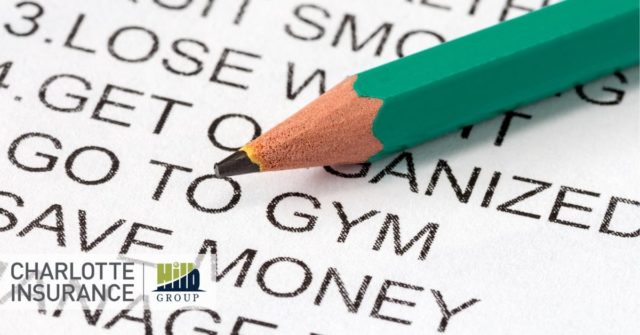Everyone needs some kind of life insurance coverage, but a lot of misconceptions and myths stop people from buying a policy for themselves.
Here are several of the most common life insurance myths. The reality might surprise you.
Myth: You Don’t Need Life Insurance if You’re Single and Childless
Everyone needs some amount of life insurance, even if it’s only a small policy. Life insurance does more than take care of children or a spouse after your death. It can help pay funeral costs, medical bills, and outstanding debt left behind after you die. This means your family won’t have to cover those costs themselves.
Myth: Only Those Who Earn an Income Need Life Insurance
Too many stay-at-home parents think they don’t need a life insurance policy because they don’t have income to replace if they die. Think of all the work you do every day: cooking, cleaning, laundry, taking care of pets, taking care of children, running errands, and more. If you die prematurely, those things will still need to be done, and it’s likely your remaining spouse will need to hire help. Your life insurance policy will help them do that.
Myth: You Only Need a Policy That’s 2X Your Salary
There’s no set amount of life insurance that will work for everyone. What you need to look at is your current situation and what costs need to be covered if you die tomorrow. For some people, twice their annual salary would be more than enough to cover funeral costs and left-behind debt. For others, that won’t be enough to pay the mortgage, send kids to college, or take care of your family.
Myth: The Life Insurance Provided By Your Employer is Enough
Again, there’s no set amount of life insurance that’s right for everyone. What you receive through your employer might be enough, but it might not. It’s important to think realistically about the costs left behind for your family to deal with. That’s what should dictate how much life insurance coverage is enough for your situation.
Myth: Life Insurance Isn’t Necessary if You Have Savings
If you’re independently wealthy with plenty of investments and savings, you might choose not to purchase life insurance. But considering the average cost of a funeral can easily range in the thousands, if not tens of thousands, of dollars, your family’s savings might be wiped out with the funeral alone. If you’d like your family to still have the cushion of saved money after your death, buy a life insurance policy.
Myth: My Family Will Have to Pay Taxes on the Payout
Many people worry they’ll leave their beneficiaries with a big tax bill when they die. In general, life insurance benefits are mostly tax-free. The amount paid out from the policy will not be taxed. What could be taxed are interest payments made on top of the policy. For the average person this isn’t a big concern. Talk to a financial advisor if you have questions about tax liabilities for your family after your death.
Myth: Life Insurance is Expensive
Life insurance doesn’t have to be expensive. There are a number of affordable options available. A good independent insurance agency like ours can help you find one that offers the right amount of coverage and works within your budget. For most people, life insurance is much less expensive than they think it will be.
Ready to purchase a life insurance policy? Contact Charlotte Insurance today for a free quote!






